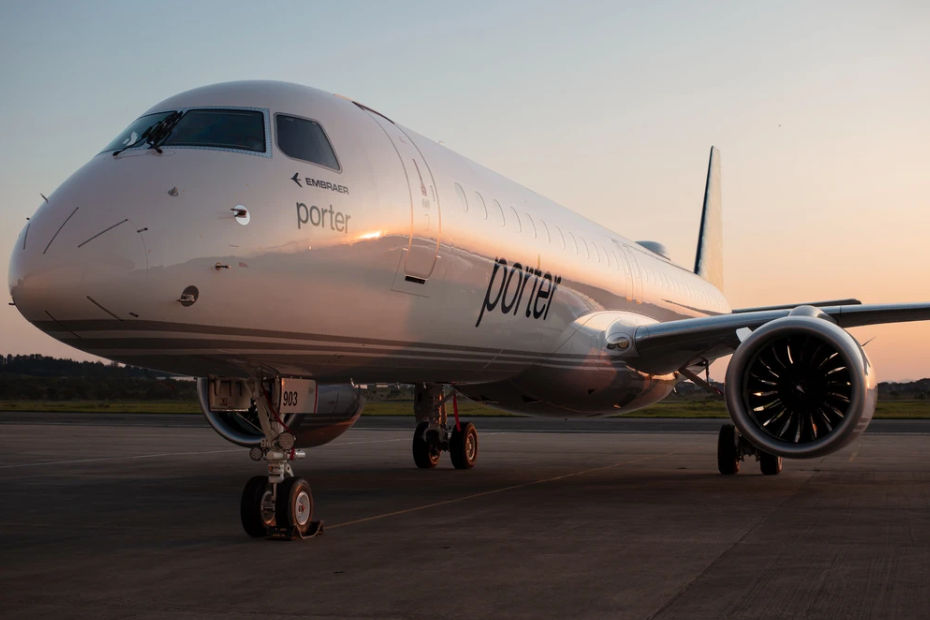Airbus Delivers First A320neo Equipped With Satellite Based Landing System to easyJet
- Joe Breitfeller

- Jun 3, 2022
- 2 min read
Airbus has delivered their first A320neo equipped with the latest Satellite Based Landing System (SLS) technology to easyJet. The system allows pilots to perform ‘straight-in’ approaches using satellite precision, without the need for ILS, even in low-visibility conditions.

On Friday (June 3, 2022), Airbus announced the delivery of the first A320neo equipped with the latest Satellite Based Landing System (SLS) to easyJet. SLS first entered service in Europe in 2015 with the A350, after Airbus successfully pioneered the development and introduction for CAT1 approaches with support of the EU Agency for Space Programme (EUSPA) and the European Commission. SLS enables pilots to execute ‘straight-in’ approaches using satellite precision, without the need for additional ground-based systems such as ILS, even in low-visibility conditions, thereby saving fuel and reducing emissions.
In today’s announcment, Airbus’ Head of Programmes and Services, Phillippe Mhun, said,
“By using SLS, airlines benefit from improved operational capabilities and operational efficiency. We are very pleased to offer this new Air Traffic Management capability now on the A320 Family, which demonstrates how Airbus is keeping its aircraft at the cutting-edge of technology. The introduction of satellite based technologies highlights the benefit of Airbus’ cross-divisional collaboration. With Airbus Defence and Space being one of the world leaders in satellite technology, we take advantage of this expertise and apply it to commercial aviation. We are grateful for the excellent support provided by the EUSPA and the European Commission.”
Also commenting on the delivery of the first SLS equipped A320neo, easyJet’s Director of Flight Operations, David Morgan, said,
“We are excited about this latest technological development as it represents another step towards further improvement of the efficiency of our operations while helping us to reduce fuel usage and therefore tackle our carbon emissions. We believe that modernising the aviation sector is a crucial goal requiring the joint and coordinated effort of the entire industry. We are committed to support the development of new technologies, together with our partners across the industry, allowing us to operate in the most efficient and technologically-advanced way possible for the safety of our customers and the protection of our planet.” The Airbus A320neo Family of aircraft incorporates new generation engines and Sharklets which combine to deliver a fuel and CO2 savings of at least 20 percent, as well as a 50 percent smaller noise footprint compared to previous generation aircraft. At the end of April 2022, Airbus had received over 8,000 A320neo Family orders from approximately 130 customers worldwide. Since its entry into service in 2016, Airbus has delivered over 2,200 A320neo Family aircraft, contributing to 15 million tonnes of CO2 savings versus the aircraft they replace.
Source: Airbus


